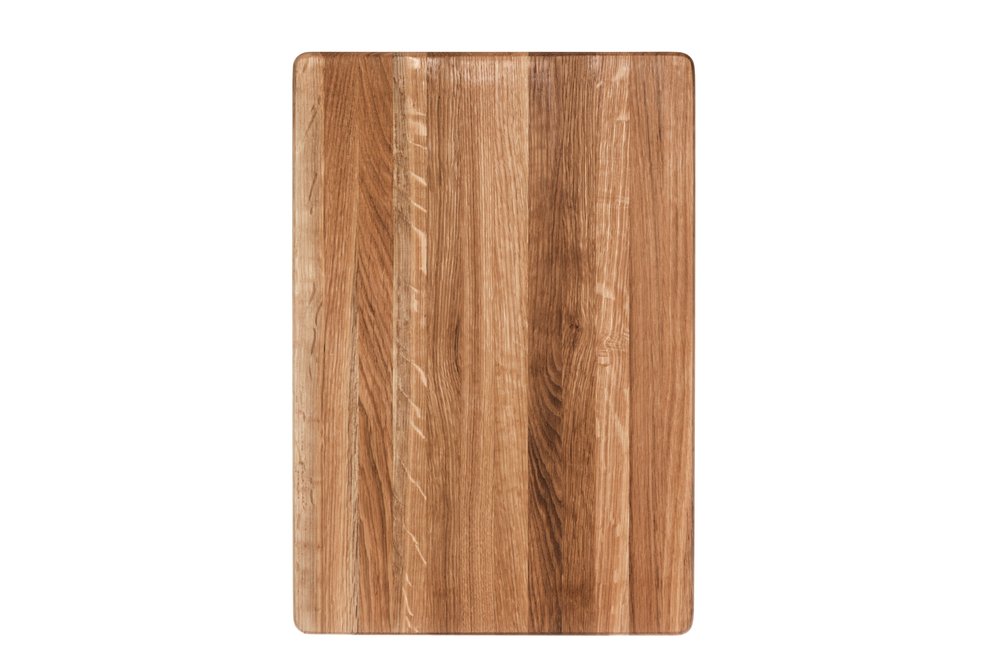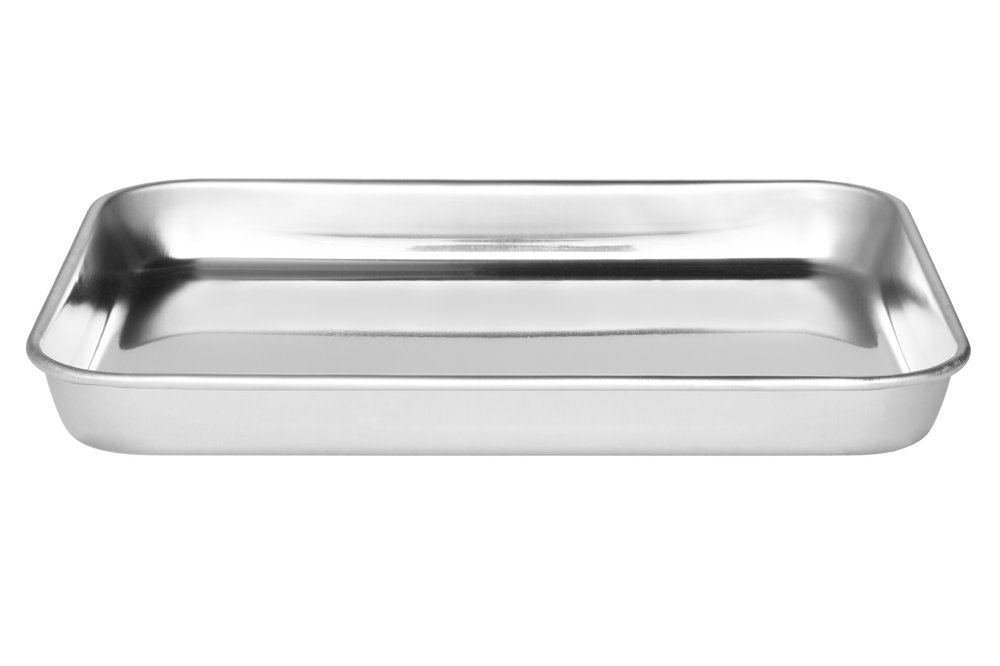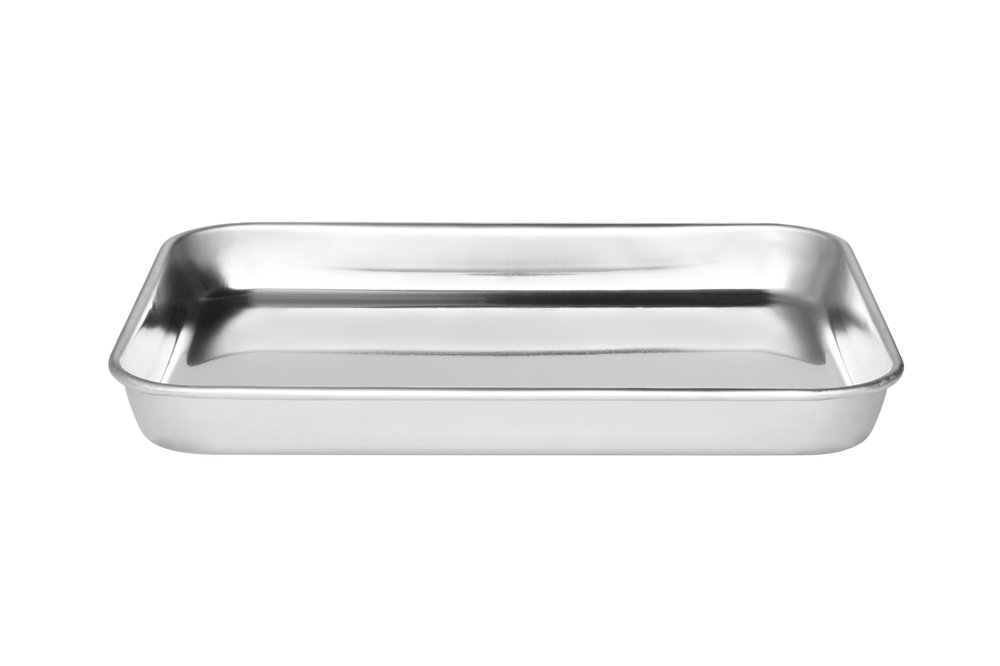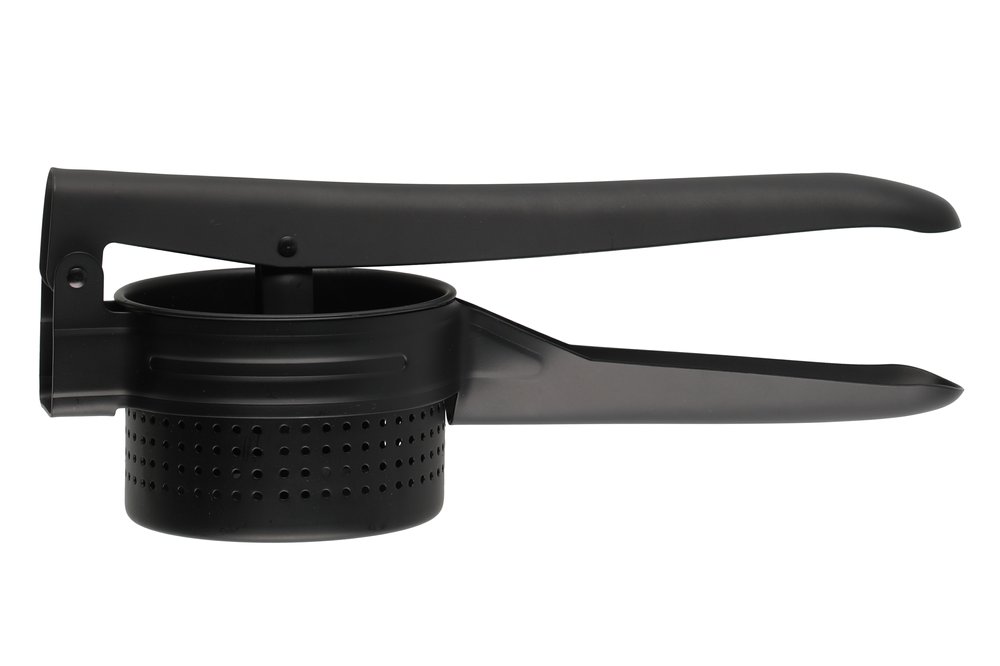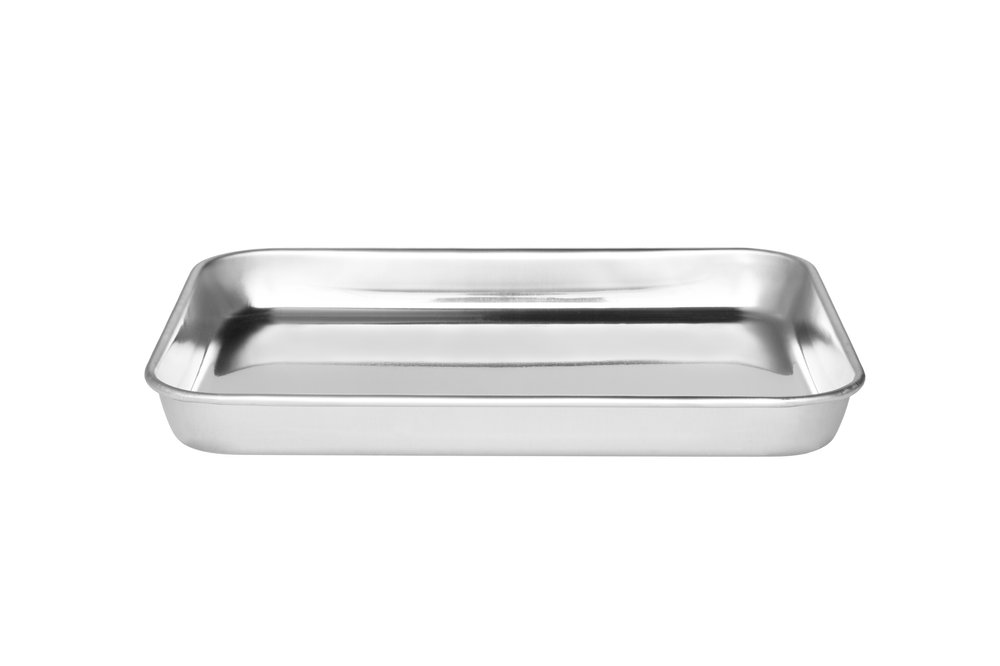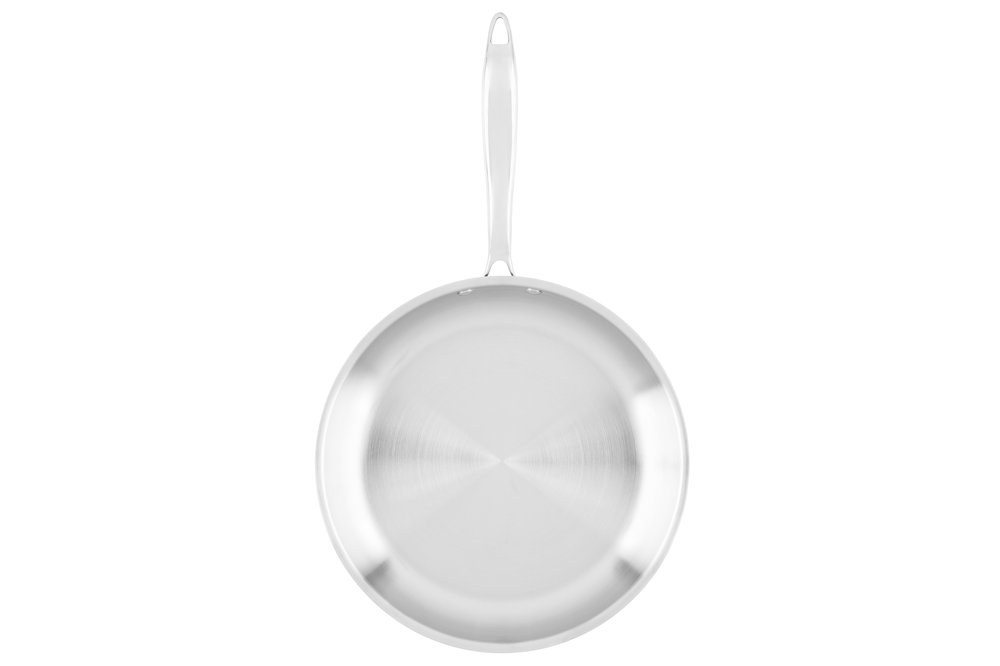Have you already heard the term Flexitarianism?
Increasing the proportion of vegetables in the diet is a global trend, driven not only by ethical reasons – the welfare of nature and animals – but also by health and economic reasons.
Flexitarianism, or flexitarian diet…
means flexible vegetarianism. Although vegetarianism is growing in popularity, a large proportion of people still want to eat meat. Many people have therefore increased the proportion of vegetables in their diets by using new plant-based milk or meat substitutes or by adding vegetarian days to their daily routine.
There are undeniable benefits to a plant-based diet, but if it includes almost no meat at all, you need to learn to eat a variety of plant-based proteins such as wholegrains, nuts, seeds, legumes and peas.
Protein intake
The average Finn eats 1.4 kg of meat per week, so even if a flexitarian reduces his or her meat intake, protein intake is assured. In addition, research shows that reducing red meat and especially processed meat products in the diet reduces the risk of a number of diseases, including bowel cancer, stroke and type 2 diabetes.
Benefits of vegetables in the diet
Eating plenty of vegetables strengthens the immune system, lowers blood pressure, improves bowel function, helps control blood cholesterol and prevents many chronic diseases such as cardiovascular disease and diabetes. Increasing the consumption of vegetables is also an environmental act, as plant-based products imported from far away are generally more ecological than meat produced nearby.
Flexitarianism is based on the following principles:
- Eat mostly vegetables, fruits, legumes, and whole grains
- Focus on protein from plants instead of animals
- Incorporate meat and animal products from time to time
- Eat the most natural and least processed forms of foods
- Limit sweets and added sugar
The world of vegetarian food is a huge treasure chest that many people are just beginning to discover. It’s worth taking small steps – learning new recipes and cooking methods, focusing on one dish, plant or plant-based product at a time. Gradually, your repertoire will become healthier, cheaper and more ethical. The emphasis on increasing the proportion of vegetables and reducing meat consumption is why flexitarianism is suitable for many people who aren’t ready to leave the meat totally from their plates.








